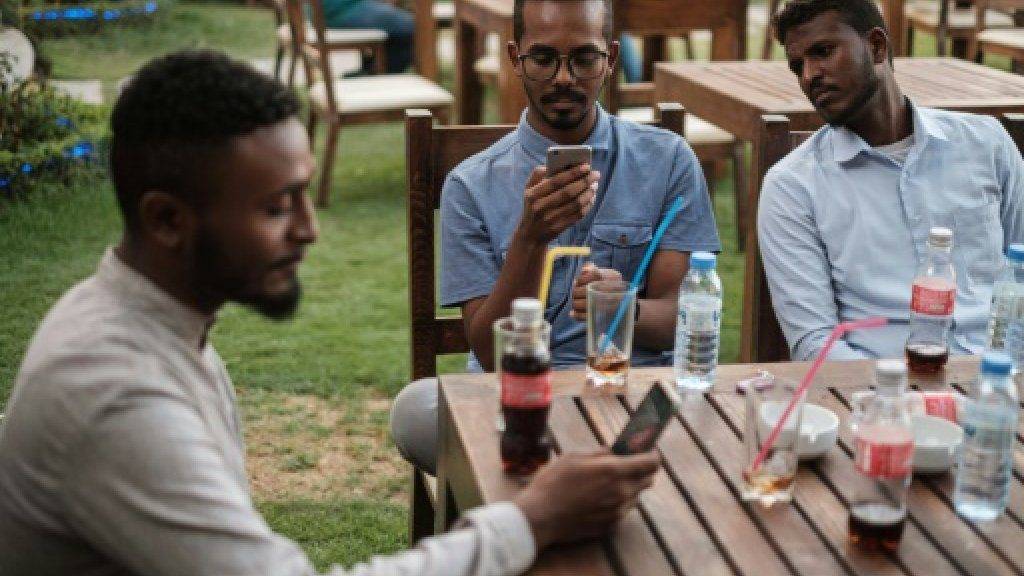After Crackdowns And Clapdowns, Sudan’s Internet Has Been Restored

Sudanese internet users have posted a series of videos and pictures that tell about the violence which rocked against protesters during the North African country’s reported web shutdown. They are able to do this because telecom providers started restoring internet access after weeks of blackout brought on by a protester crackdown.
Transitional Military Council (TMC) rendered internet users blind after the armed forces of the country opened fire on demonstrators outside the army headquarters in Khartoum, an incident in which a reported 100 lost their lives. An end was put to this by a court order, which restored internet access across Sudan last week.
Lawyer Abdelazim al-Hassan launched the lawsuit that challenged the block, weeks after web access was granted to him alone. Unsatisfied with what was a partial restoration, al-Hassan demanded that the government do more than just limited the access to fixed-landlines. The Khartoum-based lawyer demanded that the restoration be extended to 3G and 4G mobile services.
“I returned to court and said that numerous clients of Zain and other telecom companies were impacted due to the cut. Today, the court issued an order to Zain, MTN, and Sudan to restore their mobile internet services,” he said, referring to the three main telecom companies operating in Sudan.
According to a good number of subscribers, services have been restored to their mobile devices. They who said that the government has no right to shut down the internet, said that the blockade was an attempt to smother the protests against the generals who seized power after Omar al-Bashir was ousted by military forces in April, after Sudan-wide demonstrations against his rule.
Apparently, the internet and social media became a formidable threat to the generals, as protesters turned to their social media platforms to mobilize a huge number of demonstrators and let the rest of the world know of the government’s inhumane treatments.
“Regarding social media, we see during this period that it represents a threat for the security of the country and we will not allow that,” General Shamseddine Kabbashi, spokesman of the ruling military council, said last month.
Nonetheless, the protesters and generals have been able to find common ground. Their newly-reached deal entails forming a joint civilian-military ruling body, which will install a new government and parliament to oversee Sudanese affairs for a three-year transitional period. Pending when the agreement is signed – reportedly in a few days – Sudanese can now use their internet.